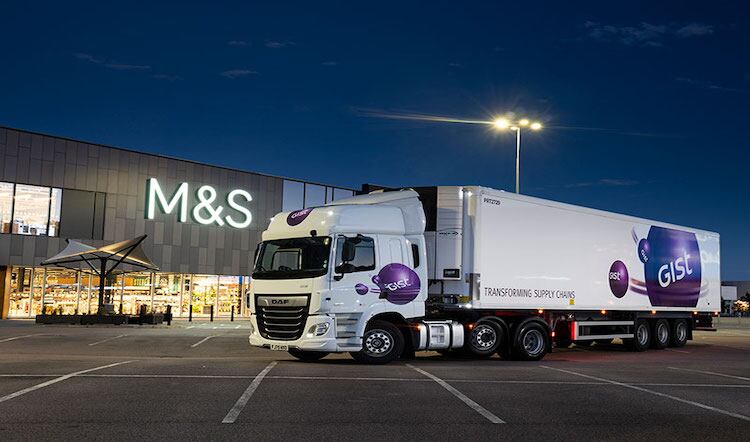Grant Thornton UK LLP, the financial adviser, has revealed that there were just 26 deals recorded in Q2 2022. This is in contrast to each of the last four quarters where deal volumes have hovered in the mid-thirties.
This news follows research by Oghma Partners in May that said there was a 'dramatic drop' in the value of M&A deals in the food and beverage industry at the beginning of 2022.
Grant Thornton said that while deal numbers may have dropped, disclosed deal value increased compared to the previous quarter – £1.377bn (Q2) up from £489.5m(Q1 2022). Large deals in Q2 included CapVest’s £426m acquisition of South African chocolate manufacturer Natra, it said.
Private equity activity slowed
Private equity activity in the sector slowed slightly in Q2, accounting for 38% (10) of the announced deals this quarter, compared to 41% in Q1, the analysis found.
The research also found that the recent appetite for plant-based assets seems to be abating. The category accounted for 8% of all deals in Q2 2022, compared to 11% in Q1 2022 and 24% in Q4 2021 – suggesting that this relatively new category in the market is starting to become more established. Many bigger food businesses have also created their own plant-based options, making it more difficult for startups to make their mark, Grant Thornton concluded.
“As a likely recession looms and inflation shows no sign of cooling, many food and beverage owners face a tough choice: try and grow in difficult conditions or push on with an exit. Others may not have the luxury of either option,” said Trefor Griffith, head of food and beverage, Grant Thornton UK LLP.
Absorb price increases
“Supermarkets are also reportedly leaning on suppliers to absorb price increases, reluctant to pass on higher prices to squeezed customers. This situation is not good news for smaller suppliers – of which there are many in the highly fragmented food and beverage industry – that don’t have the same bargaining power that larger, more established brands will hold.”
He highlighted that businesses from all sectors continue to face “economic headwinds”, across the globe, larger food and beverage companies are re-organising their portfolios to focus on high-growth areas.
“Unlike the 2008 recession, this time around there's plenty of funding available to fuel M&A in the market. The challenge for food and beverage businesses looking to sell will be in proving that they have the growth potential to offset reduced household budgets,” Griffith added.




